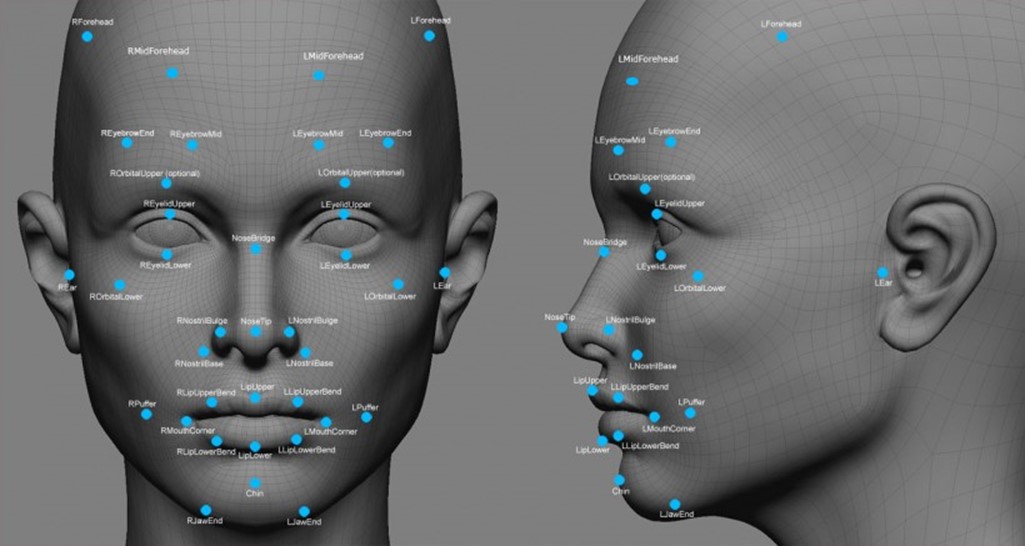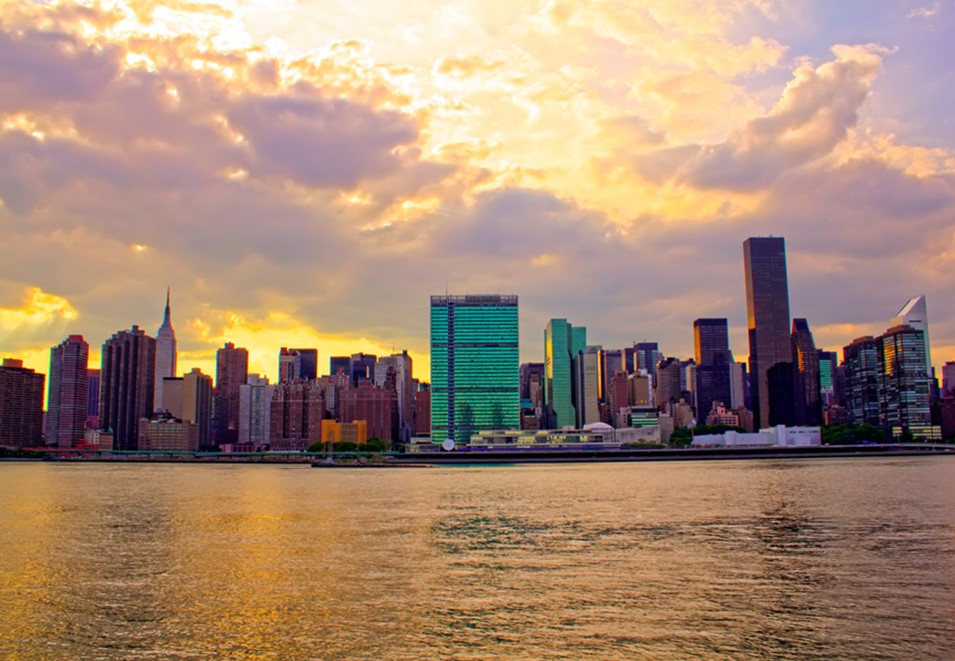Discounts For Good Driving
December 2, 2012 in Daily Bulletin, Signature

The next time you try to get car insurance you may be offered a deal: a discount on premiums in exchange for your privacy.
- Typically car insurers use crude metrics such as your age, race, or even credit report to determine how risky your driving behaviour is and use that information to determine your monthly premiums.
- Now however insurers are looking to dispense with the metrics and measure your driving capabilities directly. If you agree to install a sensor in your car that monitors your driving performance, insurers are willing to give you steep discounts on your monthly premiums if you’re found to be a good driver.
- One such program from Progressive only asks you to install the device for six months, and then gives you a permanent discount based on the information it collected – although the company reserves the right to re-evaluate you if, for example, you get into an accident.
- By only monitoring your driving performance for a short period of time, the company is hoping to make you feel more comfortable with the idea of your driving being monitored – especially since the rewards of this temporary arrangement could be lucrative.
- The system is also being used to drive sales. Customers who currently don’t get car insurance from Progressive are offered the sensor for free to see how much their premiums would be if they were to switch providers.
Read more about the data that the insurance companies might choose to collect, why the sensors don’t come with GPS logging, and the time of day when you’re most likely to get into an accident over here.
Source: The New York Times
Via: The Atlantic









Join the Discussion! (No Signup Required)